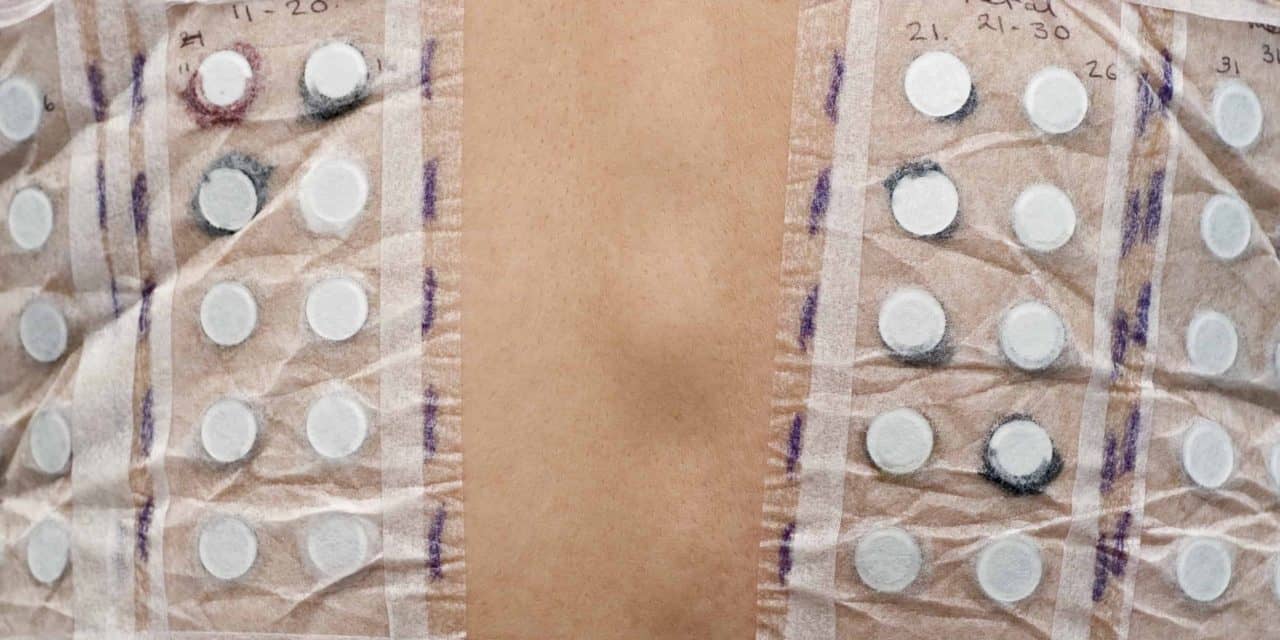TNBC (Triple-negative breast cancer ) affects women at a younger age than other types of breast cancer and is linked with a poor health result. The lack of identified targets, as well as patient-to-patient variation in target antigens and immune responses, was due to the poor clinical outcome. To counter this variability, the study used the 4T1 murine TNBC model to assess the effectiveness of a customised vaccine procedure for the treatment of TNBC. The immunostimulatory molecules B7-1 (CD80) and IL-12 were isolated from the tumour membrane vesicles (TMV) of the homogenised 4T1 tumour tissue and introduced into these TMVs glycosyl phosphatidylinositol (GPI) to produce a tumour vaccine. Tumor-bearing mice have then been given either alone or with immuno-control-inhibitors in conjunction with the TMV vaccine.
In conjunction with the anti-CTLA-4 mAb therapy, TMV vaccine immunotherapy shows a substantial increase in plasma immunomodulatory cytokines, improvement in survival and decrease in pulmonary metastasis among mice relative to either drug alone. Efficacy losses occurred due to the degradation of CD8+T cells, but not CD4+T cells. This indicates that the vaccine is acting on immune cell CD8+T tumor-specific. These findings show that TMV vaccine immunotherapy is an enhancing opportunity for metastatic, triple-negative breast cancer immuno control therapies.
Reference: https://www.tandfonline.com/doi/full/10.1080/21645515.2020.1754691


